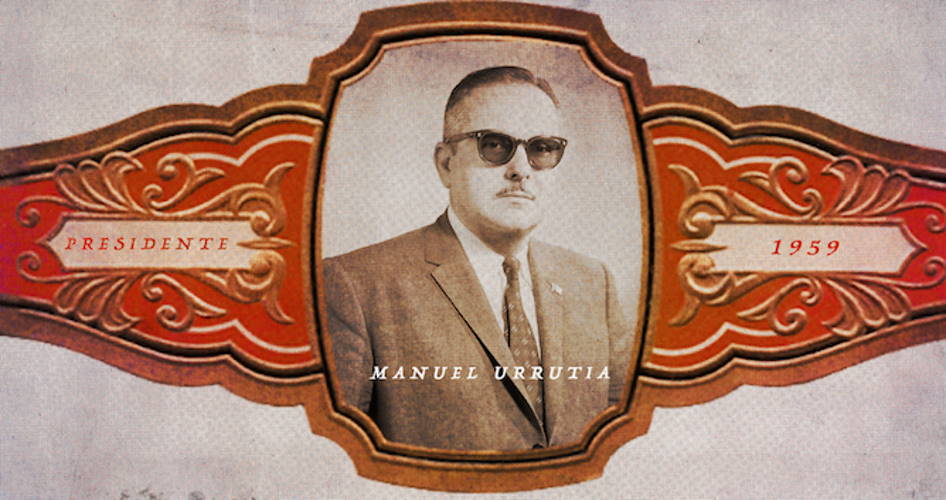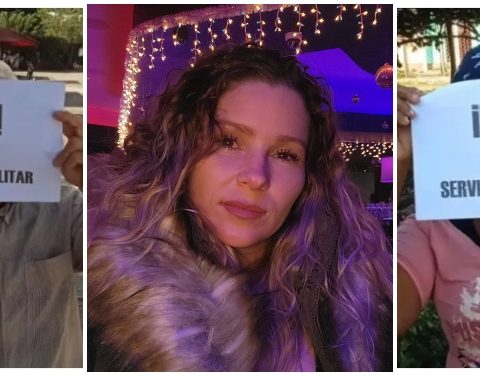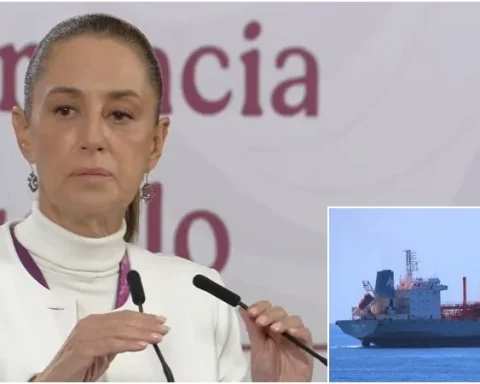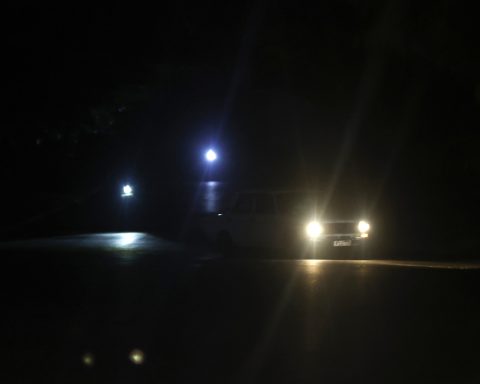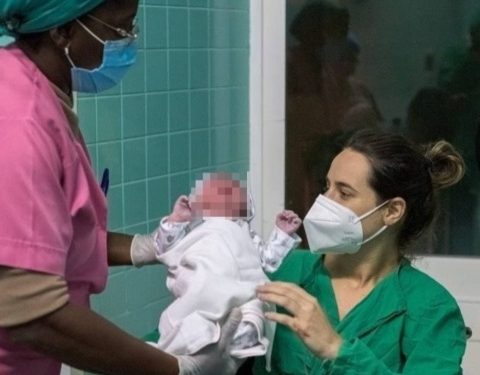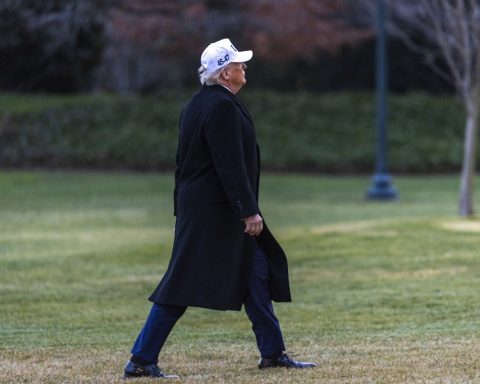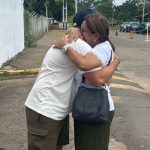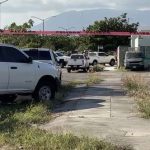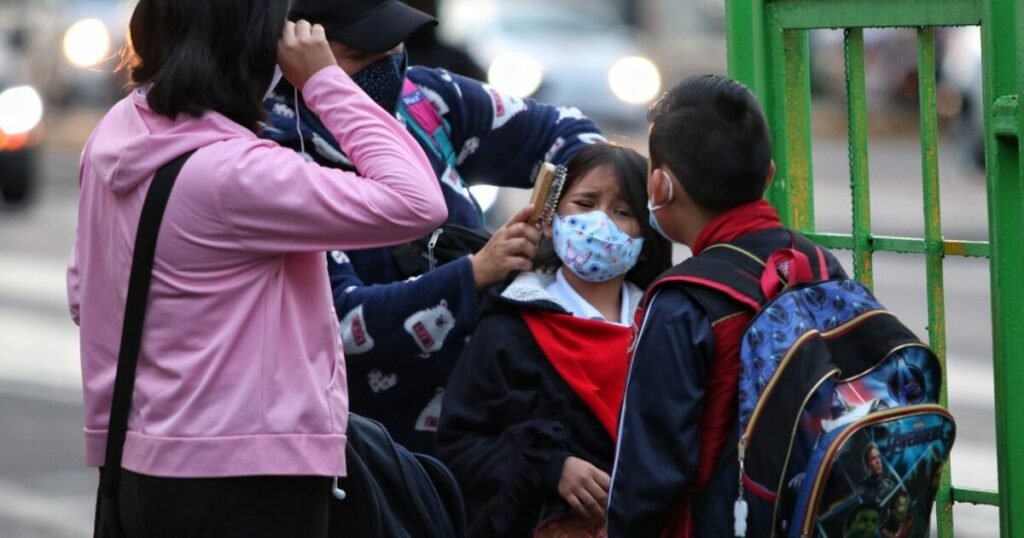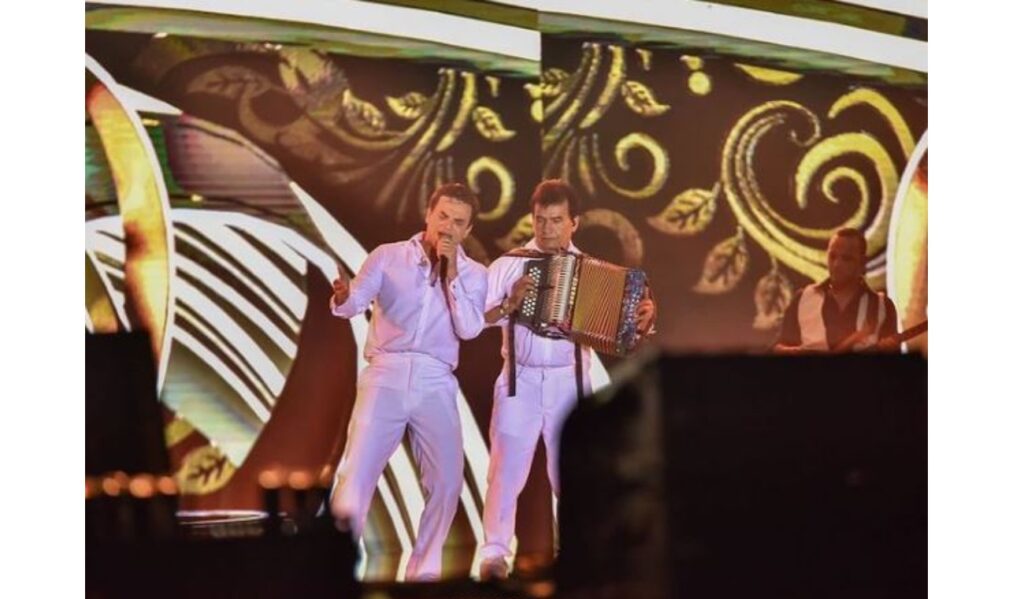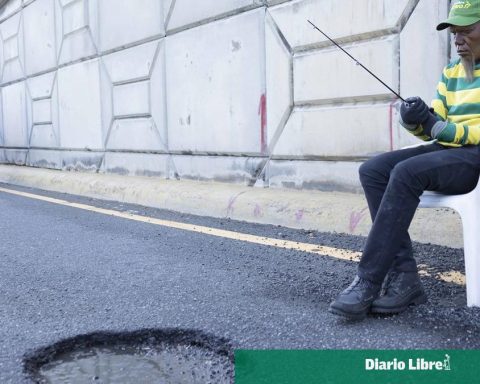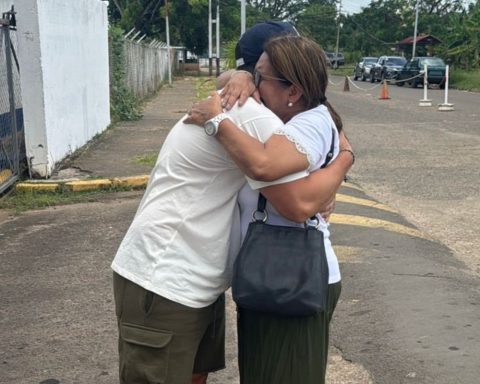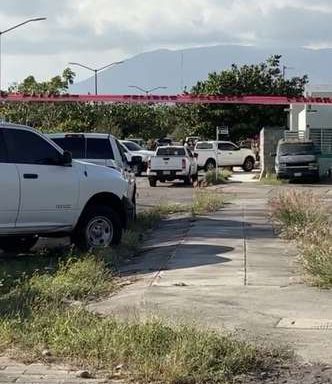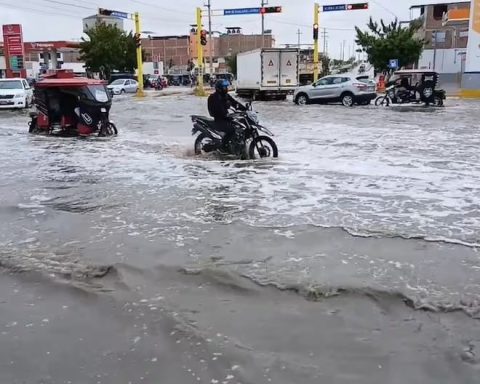Havana Cuba. — An almost forgotten historical figure in Cuba is Manuel Urrutia Lleo. Few Cubans of the new generations know that he was the first and only democratic president of the Cuban Revolution.
Urrutia’s mandate was short (it lasted just seven months), eventful and had a dramatic end.
Manuel Urrutia Lleó was born in Yaguajay, Las Villas, in 1908. Without a political career or militancy in any party, from a moderate and Christian position, he opposed the dictatorships of Gerardo Machado and Fulgencio Batista.
In July 1953, he held the position of magistrate in Santiago de Cuba when the assault on the Moncada Barracks occurred. At trial, Urrutia refused to convict the assailants, considering their action legal, because the Batista government violated the 1940 Constitution, which established the right of the people to rebel against those who violated it.
That attitude forced Urrutia to go into exile in Venezuela. From there, he returned directly to the Sierra Maestra in 1958 on a flight with weapons for the rebels who operated there.
When Fidel Castro proposed Urrutia as provisional president, he received the consensus of all the forces opposed to the Batista regime, with the exception of the Revolutionary Directorate.
When the insurrection triumphed on January 1, 1959, Urrutia appointed the new government cabinet established in the first days in Santiago de Cuba. José Miró Cardona, president of the bar association and son of veteran liberator José Miró Argenter, was appointed as prime minister.
Fidel Castro was appointed as commander of all the country’s air, sea and land armed forces. Therefore, the president’s power was above his own. Of course, that was not to Castro’s liking, and in a short time he would change it.
Fourteen people with different political positions made up the legally constituted government. Among them were Roberto Agramonte, Manuel Ray Rivero and Humberto Sorí Marín.
Most of the cabinet members would go into exile a few months later, and Sorí Marín, the architect of the walls, was shot.
It was a master move by Fidel Castro to give the image of a democratic government, made up of different political forces, to guarantee the recognition by the United States of the new regime and to give guarantees to the holders of the great economic interests that existed in Cuba.
A month and a half later, in February 1959, a government crisis occurred. Prime Minister Miró Cardona, faced with the turn towards communism that Fidel Castro was taking, resigned from his position. The vacant position and all the leadership prerogatives of the country were assumed by Castro, who ignored the 1940 Constitution, the same one that he had previously claimed to support. The president remained from then on as a figurehead.
Several disagreements had Urrutia with Fidel. One related to the president’s salary. Urrutia aspired to keep the same one that Batista had, of 100,000 pesos, and Castro reduced it to 1,200.
Another disagreement manifested itself when Urrutia wanted to call new elections. Faced with this proposal, Fidel Castro flatly opposed it, alleging that the elections would serve to return the traditional political parties to power. Hence his famous phrase: “elections for what”.
Urrutia spoke out on several occasions against the shift to the left of the Maximum Leader (as Castro was already beginning to be called) and against measures that harmed the interests of large Cuban and North American landowners.
The disagreements between Fidel Castro and Urrutia continued for several months, until in July 1959, in one of the great shows that Fidel used to put on television, he presented his resignation from the position of prime minister.
The wide popularity that Fidel Castro enjoyed then caused thousands of people to take to the streets to express their disagreement with the resignation of the Maximum Leader. Urrutia was forced to resign from the position of president. He was replaced by the lawyer Osvaldo Dorticosa puppet of Castro.
Urrutia, harassed by the mobs, had to take refuge in the Venezuelan embassy, from where he left with safe conduct for the United States.
From exile, he tried to oppose the Castro regime, but his nondescript charisma and calm temperament did him no favors. Over time, everyone forgot about it. He died in New York in the year 1981.
OPINION ARTICLE
The opinions expressed in this article are the sole responsibility of the issuer and do not necessarily represent the opinion of CubaNet.
Receive information from CubaNet on your cell phone through WhatsApp. Send us a message with the word “CUBA” on the phone +525545038831, You can also subscribe to our electronic newsletter by giving click here.
